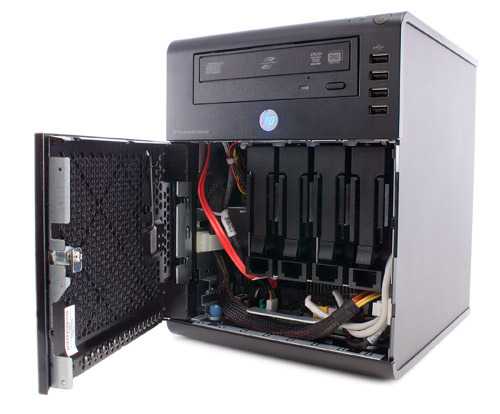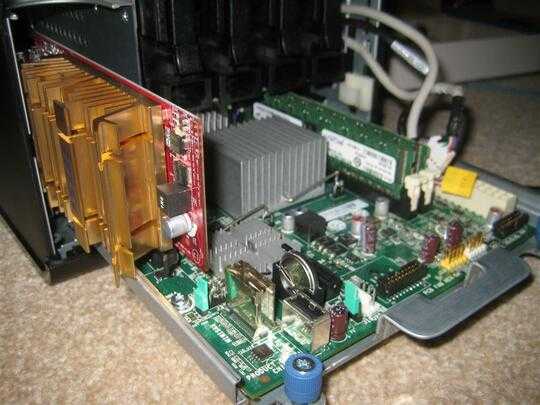I have gone over the same idea of what to do, many times, and the end results are always the same.
CD-Rs never failed me over time, a good CD even going bad, the data is mostly there after ages. Low density. The DVD-Rs though not so, even very good burns, the density of the data is high, and the ability of it to fail is higher because of that.
less quality optical media is plastic (like) and all plastic gets more brittle, and whatever stuff they hold them together with eventually fails. Even great quality opticals begin to show signs of delamination after much time. . . . CD would pull it off, but it is too dang small, and DVD is too pickey (in time), for me it is not an option. Think about putting your most valuable pictures on 2X on some very good quality CDs with a very slow good burn. They will last longer than your InkJet prints :-)
Blu-ray-R, Burned blu-rays :-) I don't even have to consider, the data density is way higher, some store bought "Glass mastered" blu-rays have had failures in the short time of their existence. A mere single fingerprint. Burned, many users found that their blu-ray burns, didn't last time at all, let alone 10 years.
Tape, got a whole lot of tape, stored properly the stuff is indeed good for 10-20 years. If anyone would like to show me where I can get the Frilling tape Unit that these tapes were for, I might even be able to access their data, assuming it used the same read patterns as 15 years ago. Tape changes, tape size change, and tape machines change. The media I stored on it didn't :-) If I had continued to painstakingly move this data to anything it would be useful, right now it is as useful as a wire recording :-)
The Cloud? Not an option for me. While they will redundant my redundant. It is not their data, make them care :-) Often you also agree that they now have the data, how far you agree they have your data can include they own it. Today my data is there, tomorrow it is bought out by someone or a dead link :-) Just keeping up with the changes to the TOU, would be harder than transferring it myself. Add bandwidth caps, quantity of data, and lack of speed. Not going to happen for me.
Hard Drive.
1) Nothing is forever, if I have to keep messing with it to keep it alive, and I don't pay myself by the hour :-) to deal with it. Then it would be nice if it moves 50MB/s instead of 3.
2) Working drive I myself have had very good luck with hard drives, what else has been bit x bit accurate through so much transfer and quantity and use. As long as it has not been spun-up for 4 years, or treated poorly.
3) Storing a drive, I myself have had zero problems properly storing drives the same as tape and other media. I can wake it up after having been parked for 10 years, and it doesn't act any different.
But people who store way more drives than I do, and might not store properly, can get a hard lock on the motors. The motor won't spin from being parked for so long. Humidity and oxidation could be large factors. Say a person lived in a rainforest next to a salty ocean, the drive is not 100% sealed. Minor dehumidification, or major sealing with silica and even O2 removers, would help. Moisture, road films, smoke, kitchen grease, and all the other things that can slip into tiny holes, should be considered.
I have the best luck, speed, and compatibility and time with the hard drive, even as the other stuff failed. It has its own built-in reader :-) . It is just a matter of having (at least) 2.
My theory of 2 HD: (which didn't work for 2 DVDs)
A) One working, one that stays in the system, is allowed to live 3-4 years, is monitored, subjected to possible virus, is "known" it is watched and used, motor can't lock-up, but it can croak over time. It is maintained, updated, I know if it starts to fail. I can only hope it doesn't fail hard, because they do. I try not to let them rot on the vine.
B) One in a box, one that stays spun-down most of the time, it doesn't suffer from spin-up time, or wear, but it isn't parked for years either. This second hard drive, can be brought out of storage, updated, spun-up a bit so it doesn't lock up, and checked to see how it is doing. Be that some convenient external box, or very well stored resealed in the static bag, with adsorbers, for longer terms.
Every once in a while, be that 1 week or 1 year, the working drive and the storage drive can be updated/synced.
That just leaves C) storing it ANY other way also. And only small parts of my system have that kind of value.
That is my plan so far, and without any plan (before), that has been what has worked, when the others were failing. If my other data was SOOO valuable on the other medias, I would have used more methods for it, and kept shifting it around.
Whatever method, the one thing that is true in all cases, if you love it, it's going to be a labor of love to keep it forever. When they come out with crystal media storage, make sure you sling a copy onto it too :-)


2
As a side note I have recovered a number of previously unreadable CDs and DVDs using a SkipDR http://www.amazon.co.uk/Digital-Innovations-1018300-SkipDr-Classic/dp/B0015ACUKC
– Wudang – 2012-01-04T08:06:14.12321Whatever you do, have multiple copies in different locations. – pjc50 – 2012-01-04T10:05:09.463
@user606723: Circular link... – Joanis – 2012-01-06T04:37:23.767
Paper printouts. Or punched cards. (Paper tape unfortunately has a tendency to disintegrate after about 20 years.) – Daniel R Hicks – 2012-01-07T03:12:26.857
pjc50 has the most important factor pinned down. – stefgosselin – 2012-01-10T18:48:18.350
For hard drives: http://superuser.com/questions/312669/how-long-will-an-unused-hard-drive-store-its-memory/312764#312764
– Breakthrough – 2012-01-11T13:13:52.243